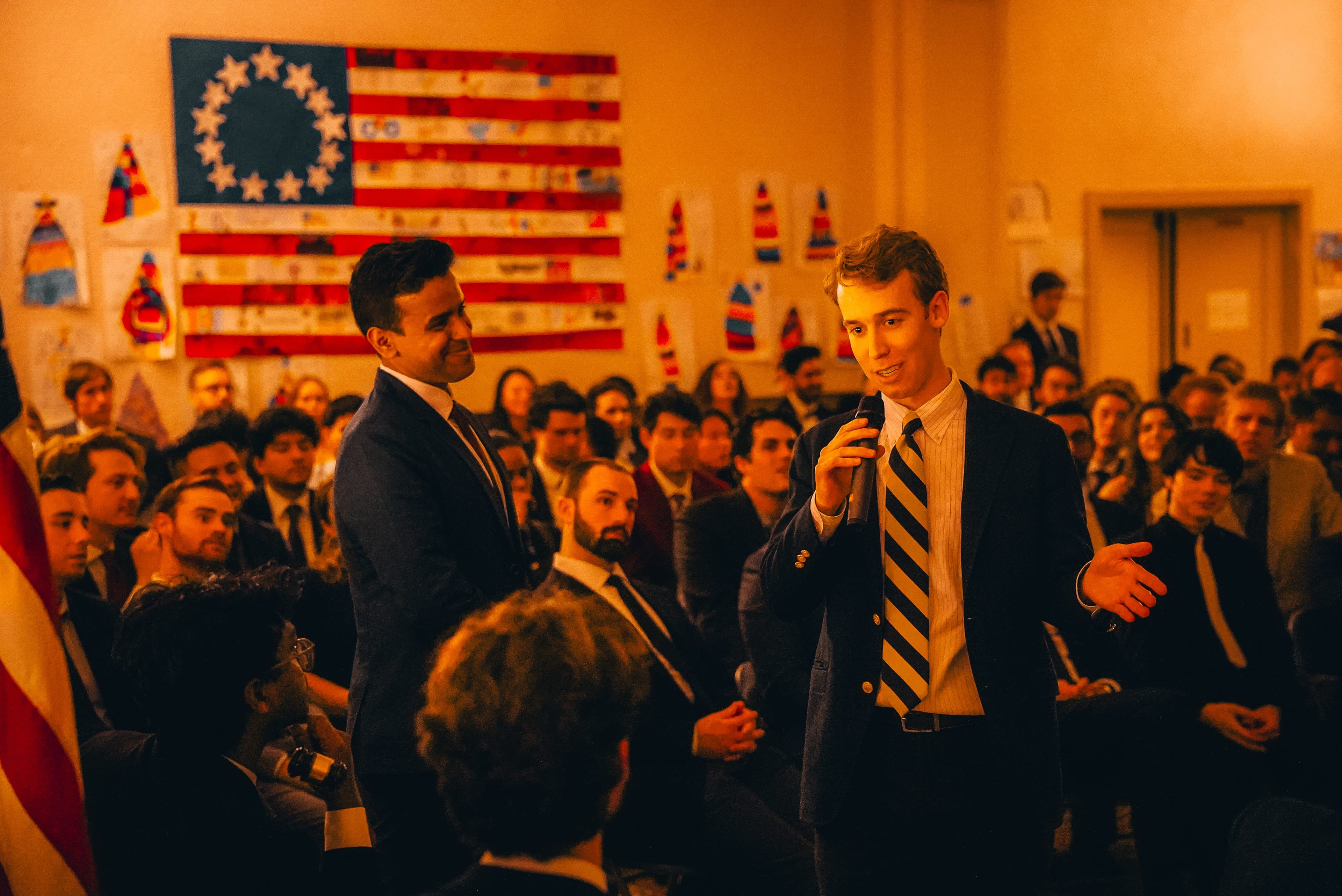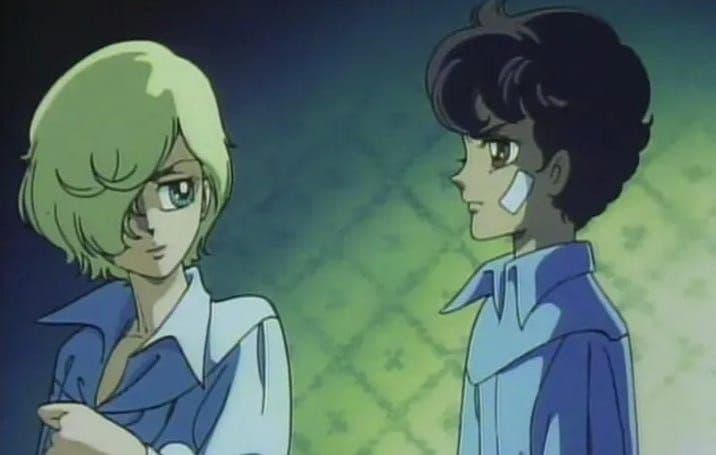
Meet the Secret Society Where Young Tech Debates the Future of the WestJan 30
the hamilton society, which hosts monthly debates inside a catholic church, is quickly becoming a cultural focal point in san francisco
70 Likes
14 Comments
Mar 22, 2023

Is it weird to fantasize being a boy because of yaoi? Does that mean I could be trans? I don’t think I am a trans man, but its weird. I also get jealous when I see yaoi couples because I wish I could be like them.